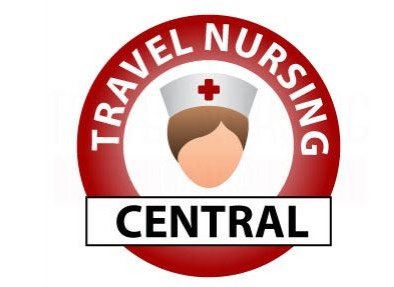Being a travel nurse can be stressful. Moving every 13 weeks and starting new jobs at the same time can be stressful. Leaving people, you have come to know and love at this pace as well. Add in being away from family and friends and it can be hard to find ways to relax or de-stress. We have put together some relaxation tips for travel nurses to help you on your journey.
Autonomous sensory meridian response (ASMR)
According to Oxford ASMR “is a feeling of well-being combined with a tingling sensation in the scalp and down the back of the neck, as experienced by some people in response to a specific gentle stimulus, often a particular sound.” ASMR can be triggered by things like paper tearing, scalp massages, or whispering voices. These are not the only things that can trigger ASMR, however, these are common ones. If you would like to find an ASMR for yourself YouTube is a great place to search.
Breathing exercises are great ways to help you relax.
In order to really relax you need to activate your body’s natural relaxation response, a state of deep rest that:
- Puts the brakes on stress
- Slows your breathing and heart rate
- Lowers your blood pressure
- Brings your body and mind back into balance
Breathing techniques can be done in many forms such as breathing exercises, yoga, meditation, and tai chi just to name a few.
Hot Baths
Taking a hot bath may not be everyone’s “cup of tea”, however, it is a great way to relax and reduce stress. Bathing stimulates blood circulation and helps calm the nervous system. Another perk is it can relieve common aches and pains. Which can be common working such a strenuous job like nursing. Also, if you have trouble sleeping at night try taking a bath right before bed. You may find that washing in the shower first and then taking a bath after is more relaxing. As many do not feel as clean after a bath than with a shower.
Laugh
This may seem a little strange, however, laughter really does help to relieve stress, which in turn relaxes us. Laughter has many benefits.
Short-term benefits
A good laugh has great short-term effects. When you start to laugh, it does not just lighten your load mentally, it actually induces physical changes in your body. Laughter can:
- Stimulate many organs. Laughter enhances your intake of oxygen-rich air, stimulates your heart, lungs, and muscles, and increases the endorphins that are released by your brain.
- Activate and relieve your stress response. A rollicking laugh fires up and then cools down your stress response, and it can increase and then decrease your heart rate and blood pressure. The result? A good, relaxed feeling.
- Soothe tension. Laughter can also stimulate circulation and aid muscle relaxation, both of which can help reduce some of the physical symptoms of stress.
Long-term effects
Laughter is not just a quick pick-me-up, though. It is also good for you over the long term. Laughter may:
- Improve your immune system. Negative thoughts manifest into chemical reactions that can affect your body by bringing more stress into your system and decreasing your immunity. By contrast, positive thoughts can release neuropeptides that help fight stress and potentially more-serious illnesses.
- Relieve pain. Laughter may ease pain by causing the body to produce its own natural painkillers.
- Increase personal satisfaction. Laughter can also make it easier to cope with difficult situations. It also helps you connect with other people.
- Improve your mood. Many people experience depression, sometimes due to chronic illnesses. Laughter can help lessen your depression and anxiety and may make you feel happier.
The way you choose to laugh is totally up to you and what you find funny. You can search for funny videos on YouTube, Facebook, or even Instagram, watch your favorite comedic movie or show. There are so many ways to find laughter.

